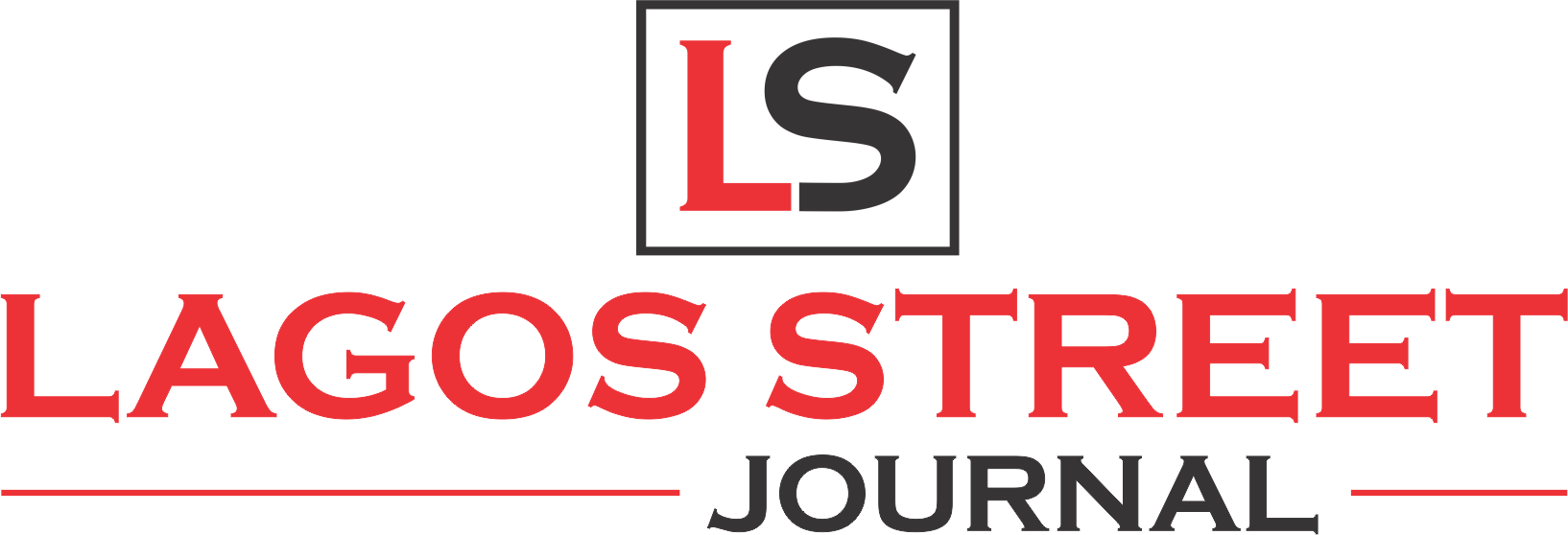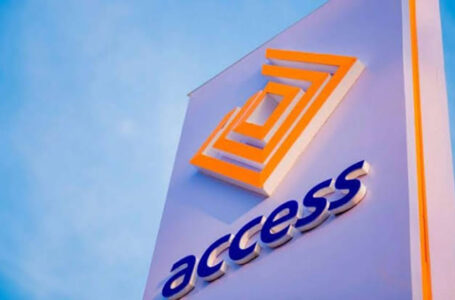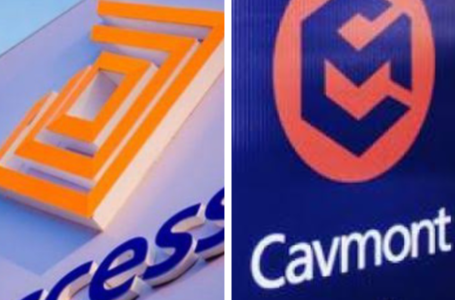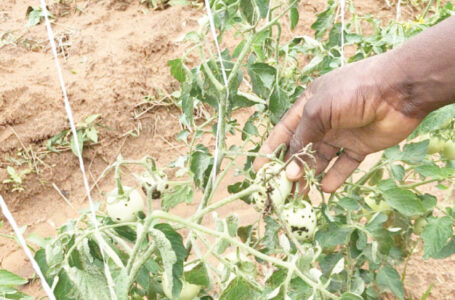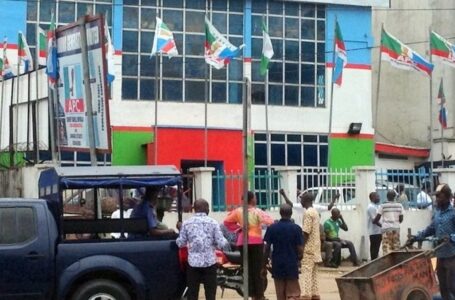Access Banks becomes first to receive sustainability certification in Africa
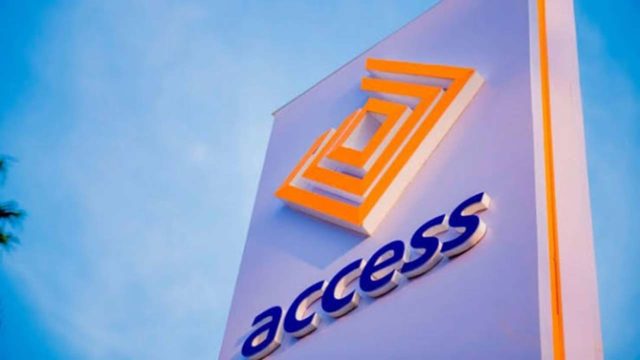

By Modupe Shodeinde
Access Bank becomes the first-ever commercial bank in Africa to be sustainability certified under the Sustainability Standards and Certification Initiative (SSCI).
The bank received this highest level of sustainability certificaton during the World Development Finance Forum (WDDF) in Karlsruhe, Germany.
The certification only features financial institutions from around the world who are pre-qualified for the SSCI certification program and demonstrated a strong commitment to sustainability.
According to the Group Managing Director, Access Bank,Herbert Wigwe, the bank had over the years mainstreamed sustainability into its business activities and operations.
Stating that this led to support of innovative and equitable green economies across Africa.
“We are delighted to have our Sustainability performance audited and certified by a prestigious international organisation like the European Organisation for Sustainable Development, within its SSCI program.
“The certification is a testament of our sustainability performance and commitment,” he added.
The Bank was also appointed a member of the International Council for SSCI.
The council helps ensure the work and strategies of certified institutions are in alignment with the global Sustainable Development Goals (SDGs) and national development agendas.
Head, Sustainablity Access Bank Omobolanle Victor-Laniyan, said that the bank will continue to strengthen its commitment towards supporting vibrant communities.
On it’s investment in community development, the bank gave assurance of its focus on addressing societal issues and unlocking new market opportunities towards ensuring the economic viability of the nation.
“Furthermore, we will continue to propel the world towards a more sustainable path, whilst ensuring that no one is left behind in alignment with the UN Sustainable Development Goals and other global sustainability standards,” she added.
